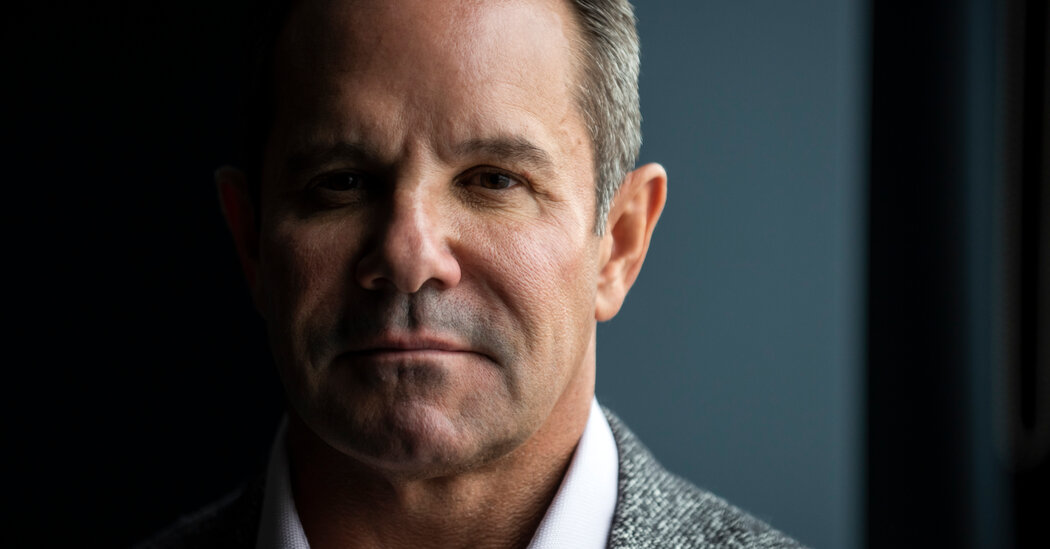
Mr. Zekelman used the small gathering, in a private room at the hotel, to press Mr. Trump for more than six minutes to use his executive power to curb imports of foreign steel to the United States from Asia, a move that would help his sales. He also asked Mr. Trump, pressing him for another three minutes during the dinner, to re-evaluate highway safety rules that he said were making it hard for truckers in the United States to move his steel tubes.
The exchange became public because other guests at the dinner included Lev Parnas and Igor Fruman, who later worked with the president’s personal lawyer Rudolph W. Giuliani, and who released a recording of the dinner during Mr. Trump’s first impeachment deliberations in 2020.
“Say someone is half an hour from home on their long-haul truck — they literally have to pull over on the side of the road and stop,” Mr. Zekelman said at the 2018 dinner, according to the recording. “They can’t go home.”
Mr. Parnas and Mr. Fruman were ultimately charged in a separate election fraud scheme. The $325,000 they donated to America First Action has already been transferred by the super PAC to the Treasury.
The Federal Election Commission in 2016 voted unanimously “to prioritize cases involving allegations of foreign influence,” and it followed up in a report to Congress in 2018. The issue had become one of increasing concern after unlimited donations were allowed via super PACs, and corporate contributions became legal, making it easier for foreigners to circumvent rules and make major donations.
The commission in 2019 imposed $940,000 in fines associated with donations to a super PAC supporting Jeb Bush’s 2016 presidential campaign after concluding that $1.3 million in contributions in 2015 made in the name of a California company, American Pacific International Capital, actually was provided in part from two Chinese citizens.
Ms. Weintraub said she would be disappointed if America First Action returns the donations to Mr. Zekelman’s company, as opposed to transferring them to the Treasury, as he will get more back than he will have paid as a fine. This provision in the settlement was negotiated by agency staff and lawyers for Mr. Zekelman, she said, adding that she raised objections to it.




